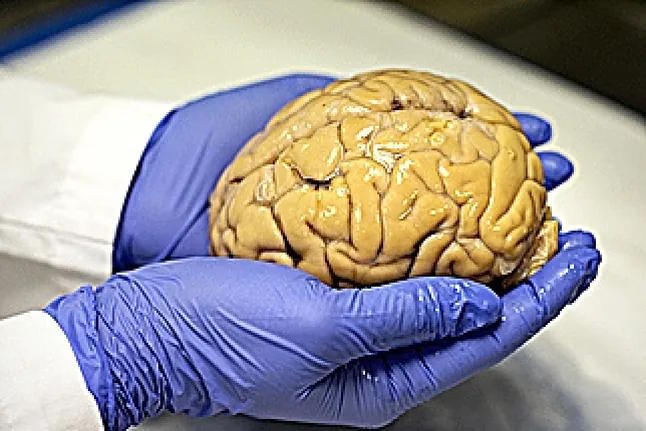The approval of new antibody drugs for Alzheimer's disease (lecanemab and donanemab) and blood diagnostic tests mark the beginning of a new era in the diagnosis and treatment of this disease. However, without rapid reform of healthcare systems, public policies, and social attitudes, their potential will not be fully realized, argue 40 prominent experts in Alzheimer's disease in the series on neurodegeneration published by The Lancet.
Alzheimer's disease accounts for approximately 70% of all dementia cases and is a leading cause of disability, generating high social and economic costs.
In a novel comparison, the series conducted by researchers highlights that new treatments with monoclonal antibodies can slow the progression of Alzheimer's disease to a level comparable to the effectiveness of drugs for cancer, rheumatoid arthritis, and multiple sclerosis. However, the authors state that differences in age, patient progression, and side effects mean that these comparisons should be considered with caution.
Despite the similarity in treatment effectiveness for other diseases, the high costs of medications, the complexity of required tests, inadequate attention to behavioral symptoms, and a lack of resources risk leaving Alzheimer's patients behind.
It is encouraging that improvements in Alzheimer's disease prevention are also emerging, with the emergence of Brain Health Services that identify individuals at high risk of developing the disease and offer them personalized treatment programs. However, the majority of Alzheimer's cases occur in individuals with low or normal risk, making population-based measures essential in reducing risk, such as healthier urban design and restrictions on alcohol and sugary drink consumption.
The authors call for coordinated global action so that the rapid scientific progress in the field of Alzheimer's disease is accompanied by reforms at the level of healthcare professionals, public policies, and society.
The lead author of the series, Professor Giovanni Frisoni from the University of Geneva (Switzerland), states: "Blood tests, biological drugs for Alzheimer's disease, and prevention interventions are driving attention towards a completely new and exciting territory. However, the old needs of patients will not disappear."
On the contrary, Frisoni asserts that "general practitioners and dementia specialists will need to master the less glamorous but steady advances made in recent decades in the care and treatment of behavioral disorders, the use of sophisticated imaging and laboratory diagnostic tools, and psychosocial care. A concerted social effort in this direction will allow our current and future patients to fully benefit from the potential of scientific and technological advances."
